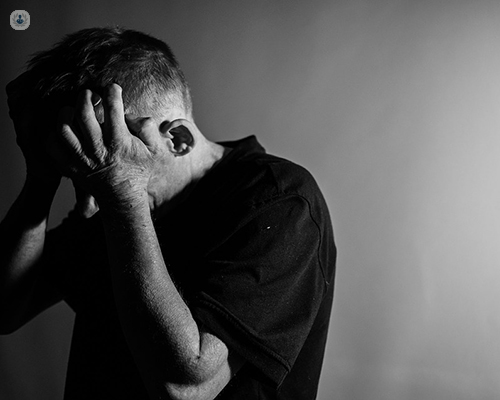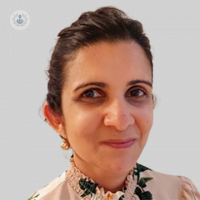What is TMS, and how exactly does it treat depression?
Escrito por:Depression is a widespread mental health disorder that affects about 10 per cent of the population. The prevalence of Depression has further increased since the coronavirus pandemic in 2020. Conventional approaches to depression treatment, such as medication and psychotherapy, whilst effective for many, often come with limitations, including variable effectiveness and undesirable side effects.
In recent years, transcranial magnetic stimulation (TMS) has emerged as a promising intervention for treatment-resistant depression. By targeting specific regions of the brain, particularly the dorsolateral prefrontal cortex (DLPFC), TMS offers a non-invasive method to regulate neural activity and reduce depressive symptoms.
Combining TMS with other treatments, such as SSRIs or cognitive-behavioural therapy (CBT), shows potential for enhancing treatment outcomes and providing personalised management strategies. Here to explain more is esteemed consultant psychiatrist, Dr Aarohee Desai-Gupta.

What is TMS, and how exactly does it treat depression?
TMS is a non-invasive treatment that uses magnetic fields to stimulate nerve cells in the brain to improve symptoms of several psychiatric disorders. It is generally only prescribed to treatment-resistant patients who have already tried other methods such as medication or psychotherapy.
It works by delivering electromagnetic pulses to specific areas of the brain, which can adjust brain activity and improve symptoms. In patients with clinical depression, functional magnetic resonance imaging (fMRI) studies have found an underactivity in a part of the brain called the dorsolateral prefrontal cortex (DLPFC)]. TMS treatment of depression involves the stimulation of the DLPFC in order to increase activity in this area of the brain and reduce symptoms.
How effective is TMS as a treatment option for clinical depression?
TMS has been consistently shown, throughout research, to have statistically significant antidepressant effects for patients with treatment-resistant depression. There have also been a number of studies comparing the efficacy of this treatment with common antidepressant medications such as selective serotonin reuptake inhibitors (SSRIs).
The findings showed that 35.3 per cent of patients treated with active TMS and SSRIs achieved clinical remission. Another study found that, when combined with antidepressant medication, TMS produced a response rate of 70.6 per cent and a remission rate of 41.2 per cent. These findings indicate that not only is TMS an effective treatment for people with clinical depression, but that when combined with traditional antidepressant medication, it can significantly enhance results.
What is the difference between TMS and rTMS when it comes to treating depression?
While TMS, in general, has been shown to be a safe and effective treatment for patients with clinical depression, there are a number of different TMS systems available to patients, which use different treatment protocols and magnetic coils to provide stimulation. The most commonly used coil is known as the Figure-8 (F8) coil, which most TMS manufacturers use.
However, there is a more advanced coil called the Hesed-coil (H-coil). The H-coil was patented by Brainsway and is used exclusively in Brainsway machines. The difference between these two coils is that the H-coil is able to stimulate deeper regions of the brain than the F8 coil, which is why H-coil TMS is often referred to as deep TMS. Unlike traditional TMS systems that focus mainly on treating Major Depressive Disorder (MDD), BrainsWay Deep TMS is the only TMS device with peer-reviewed clinical data demonstrating efficacy for MDD, anxious depression, OCD, and smoking addiction.
To consult with Dr Aarohee Desai-Gupta today, simply visit her Top Doctors profile.


